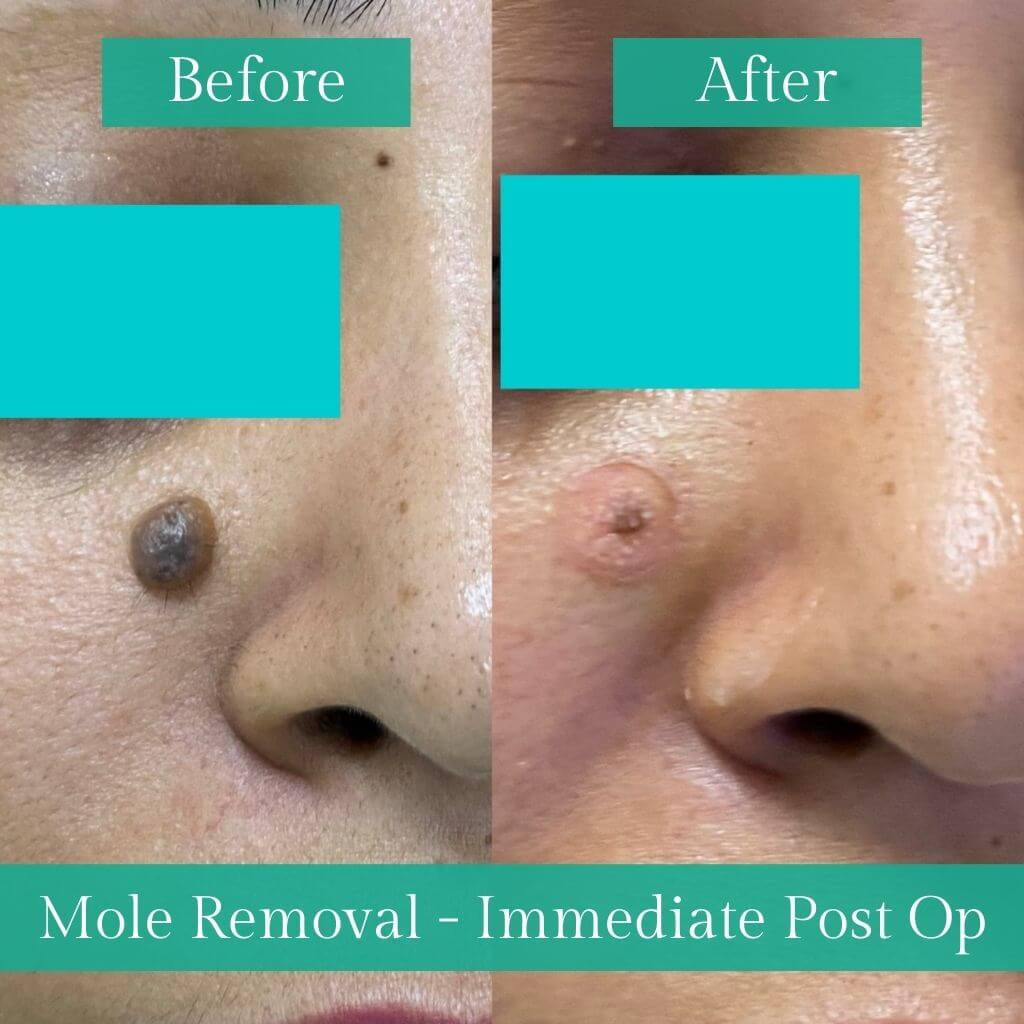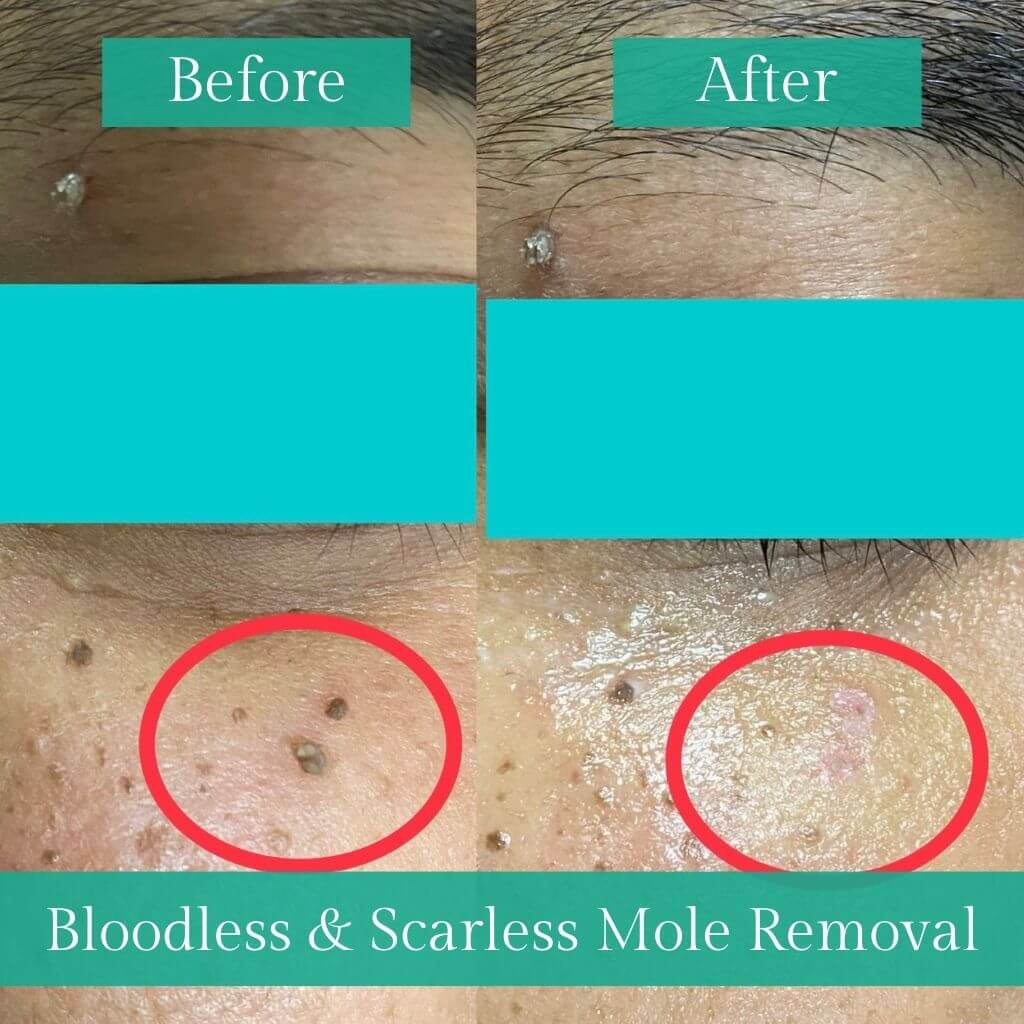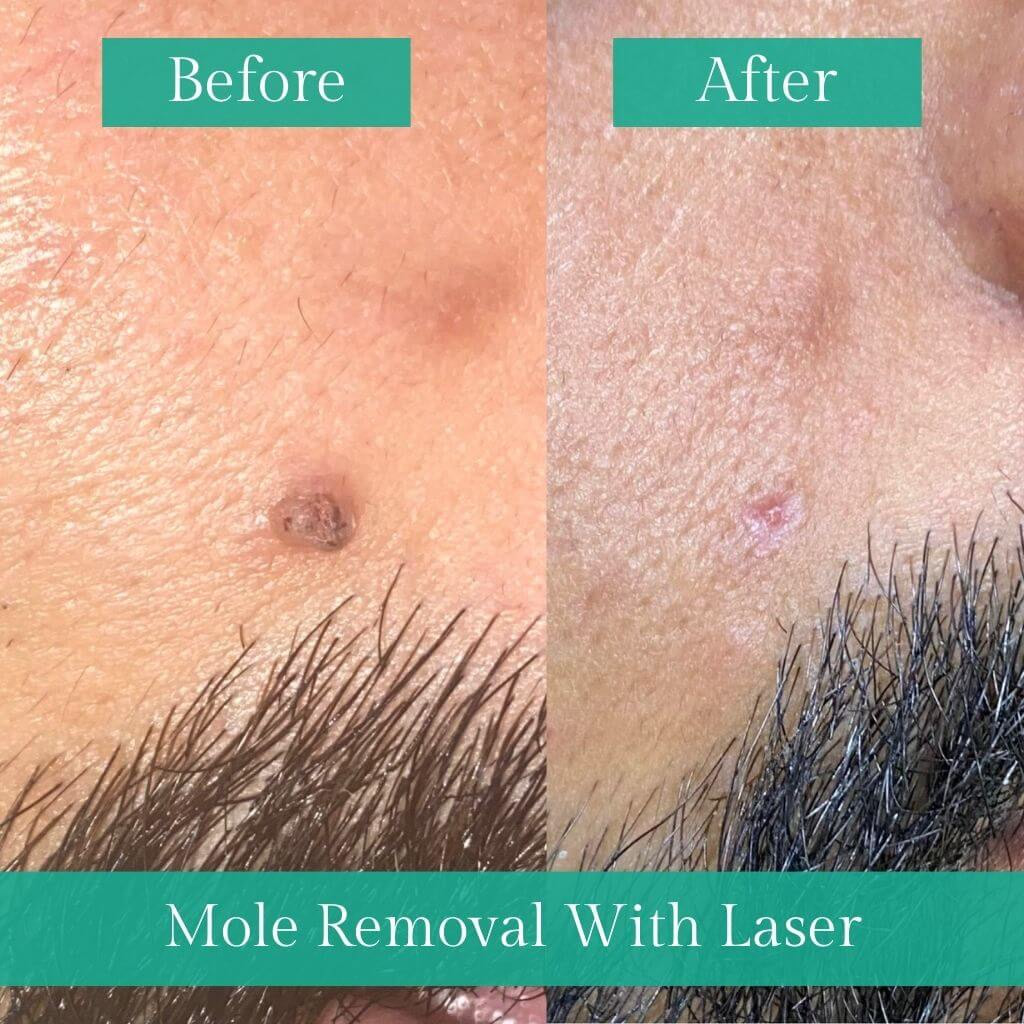Maxillofacial surgery, also known as facial surgery, is a specialised surgical discipline focused on the diagnosis, treatment, and surgical intervention of conditions, injuries, and abnormalities affecting the structures of the face, jaw, mouth, and related anatomical regions. This multidisciplinary field combines dentistry, medicine, and surgery to address various functional, reconstructive, and aesthetic concerns within the facial and oral regions.
Why is Face Surgery done?
Orthognathic Correction
To realign the jaws and correct bite issues, improve chewing function, alleviate speech problems, and enhance facial symmetry.
Dental Implants
To place dental implants to restore oral function, enhance aesthetics, and replace missing teeth.
Impacted Wisdom Teeth
Surgical removal of impacted or partially erupted wisdom teeth that may cause pain, infection, or damage to adjacent teeth.
Facial Trauma
Repairing facial fractures and injuries resulting from accidents or trauma, restoring functional and aesthetic aspects.
TMJ Disorders
Treatment of temporomandibular joint (TMJ) disorders that cause jaw pain, restricted movement, and other discomfort.
Cleft Lip and Palate Repair
Surgical intervention is often necessary to correct congenital cleft lip and palate in order to address issues related to speech, breathing, and facial aesthetics.
Pathological Conditions
Diagnosis and treatment of oral and facial tumours, cysts, and other pathological conditions.
Facial Deformities
Correction of facial deformities or asymmetry, enhancing the overall appearance and self-confidence.
Obstructive Sleep Apnea (OSA)
Surgical procedures to address certain cases of OSA by adjusting the position of the jaw and upper airway.
Reconstructive Surgery
After traumatic injuries, cancer surgery, or other medical procedures, maxillofacial surgeons can perform reconstructive surgery to restore facial structures and function.
Facial Cosmetic Surgery
Some maxillofacial surgeons are trained in performing cosmetic procedures, such as rhinoplasty (nose surgery), genioplasty (chin surgery), and facial rejuvenation surgeries to enhance facial aesthetics.
Aftercare Tips
- Reduce inflammation by applying ice packs.
- Avoid crunchy, chewy, or hard foods to prevent further irritation.
- Avoid tobacco and alcohol while healing.
- Give your body a break from exercise to avoid increased bleeding and swelling.
- Rest and take it easy to prevent any potential complications.
- Instead of brushing your teeth, rinse them to eliminate bacteria in the mouth.





